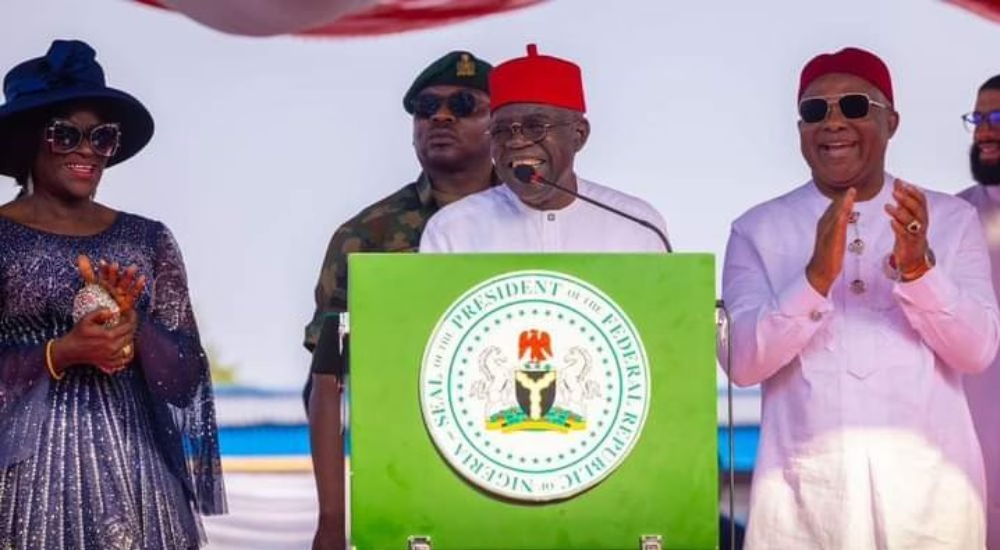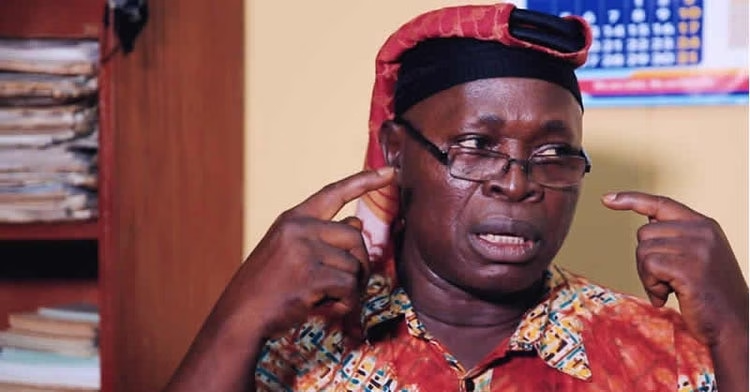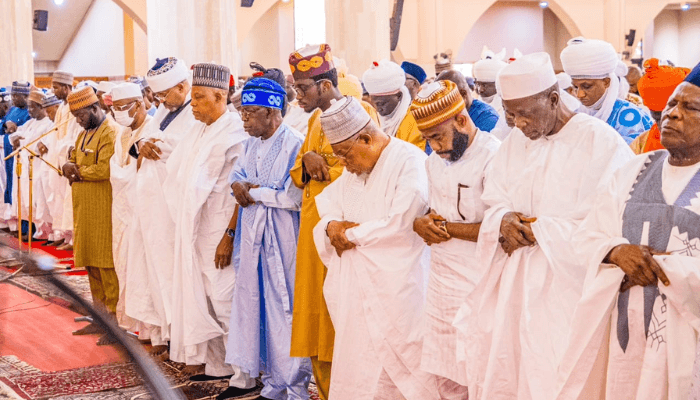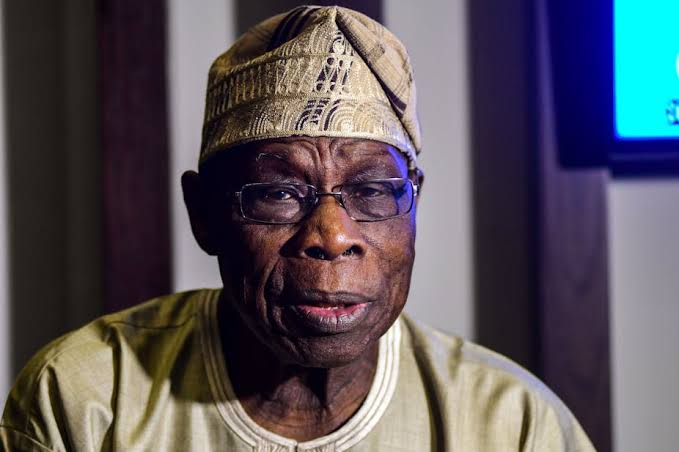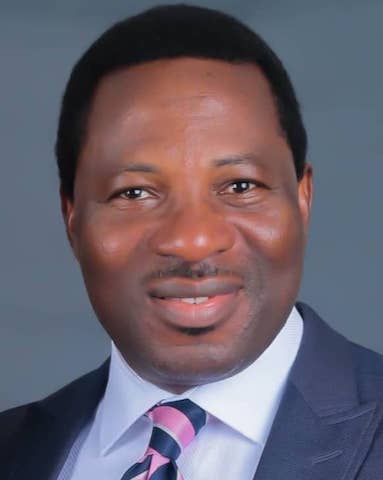Dutton doesn’t realise importing US politics means the death of the Liberal Party

Politics tamfitronics
This article is an instalment of Where to for real Liberals?a series on the future of the Liberal Party under Peter Dutton.
Contemplating the future of the Liberal Party, institutions matter, especially the electoral system that stands between the voters and parties of government. Since the 2022 election, it has become clear that two distinctive features of Australia’s electoral system — compulsory and preferential voting — are not working in the Liberal Party’s favour.
On July 17 it will be one hundred years since legislation was passed to make voting compulsory in Australia’s federal elections. It was a private members’ bill supported by all parties and it went through both houses in less than a day. The states followed in their own time. Queensland had already introduced it, in 1915. The Australian Workers’ Union was encouraging itinerant rural workers to vote, and conservative premier Digby Denham thought that compulsion would force apathetic Liberals to the polls and return him to government. He was wrong. A 5% swing gave Labor a majority and it began an election-winning run in Queensland that lasted until 1929.
Compulsory voting institutionalised Australia as a majoritarian democracy — one in which governments are supported by the majority of voters, not just the majority of those who turn out. And it made for more egalitarian policies. In voluntary systems, those least likely to vote are the poor and marginalised, which encourages politicians to ignore their needs in favour of the comfortable and well-off.
Without compulsory voting, I doubt if we would still have a national health scheme. The Coalition opposed it in its first iteration as Medibank under the Whitlam government, abolished it when it returned to office under Fraser, and opposed it again when it was reintroduced as Medicare by Hawke. It kept up the opposition for an election-losing decade until, in 1996, after John Howard won in a landslide, he said that the rejection of Medicare had been a mistake.
Because the law rather than the parties get out the vote, compulsory voting favours the centre by weakening the influence of zealots at either end of the political spectrum. A party’s passionate base is tempered with the votes of the moderate and indifferent. In voluntary systems by contrast, parties are tempted to stress highly emotive issues to bolster the turnout, especially those to do with sexuality and religion as we see in the US.
It doesn’t really work here. When the Liberal Party ran anti-trans candidate Katherine Deves in Warringah in 2022, they won just 32.4% of the first preference vote in what was once a safe Liberal seat.
Preferential voting was introduced in 1918 after pressure from farmers’ groups who wanted their own party without the risk of losing the seat to Labor in three-way contests. It soon led to the formation of the Country Party and coalition governments, and it has enabled minor parties to come and go: the Democratic Labor Party in the 1950s, the Australian Democrats in the 1980s and 1990s, the Greens and One Nation in more recent times. All existed because of preferential voting. So do the teals, who present an unprecedented challenge to the Liberals, one they did not see coming and seem to have no idea how to meet.
For the past few decades, the major parties have been losing life-long rusted-on voters. This results in fewer safe seats and the trend is accelerating. At the 2019 election, 46 of the 151 seats in the House of Representatives seats were decided on first preferences. At the 2022 election, this plummeted to 15. All the rest went to preferences, including the six heartland seats that the Liberal Party lost to the teal independent candidates.
Since Pauline Hanson brought her politics of white grievance into federal Parliament, the Liberal Party and its coalition partner, the Nationals, have fretted about their loss of first preferences to the right — to One Nation in particular and more recently to Clive Palmer’s United Australia Party. As Liberal prime minister, John Howard tried hard not to alienate One Nation voters. He wanted to show that he could feel their pain so that their preferences would come back to the Coalition.
Labor similarly has lost first preferences to the Greens on the left, but again these progressive preferences mostly come back to Labor, though the Greens now have four seats won on preferences and leader Adam Bandt is within a whisker of winning Melbourne on first preferences. With both parties of government protecting their outside flanks, it looked as if the electorate was becoming more divided, with a weaker centre and the risk of the hyper-partisanship that afflicts contemporary US politics.
But this depleted centre has now been captured by competent, professional, middle-aged women. They are not the cookie-cutter candidates of either side: neither private school-entitled young men nor trade union officials and political staffers, but people with real-world life skills and rungs on the board, people who are acceptable to disaffected Liberal voters who would never vote for the party of organised labour.
Australian politics, on the whole, is won or lost in the centre. Peter Dutton, along with many media commentators, are misled when they think that Australia is following the trajectory of the United States into increasing polarisation where disaffected margins can be played off against a perceived entitled elite.
The combination of compulsory and preferential voting gives Australian politics a flexibility unavailable to its electorally sclerotic ally. It allows new political formations that reflect shifts in the views and makeup of the electorate. As the Liberal Party has moved to the right, looking more and more like its coalition ally, compulsory preferential voting has enabled the moderate centre it once represented to find new candidates.
That Peter Dutton has scorned them does not auger well for his party’s future.
Does the Liberal Party need to regain moderates to reclaim power? Let us know your thoughts by writing to[email protected]. Please include your full name to be considered for publication. We reserve the right to edit for length and clarity.
Discover more from Tamfis Nigeria Lmited
Subscribe to get the latest posts sent to your email.



 Hot Deals
Hot Deals Shopfinish
Shopfinish Shop
Shop Appliances
Appliances Babies & Kids
Babies & Kids Best Selling
Best Selling Books
Books Consumer Electronics
Consumer Electronics Furniture
Furniture Home & Kitchen
Home & Kitchen Jewelry
Jewelry Luxury & Beauty
Luxury & Beauty Shoes
Shoes Training & Certifications
Training & Certifications Wears & Clothings
Wears & Clothings





